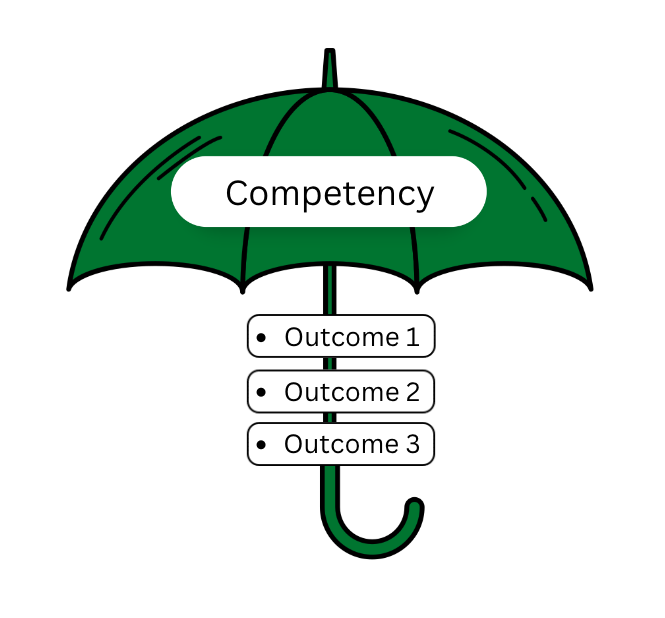Learning Styles Don’t Matter? Who Knew?
Cedar Reiner and Daniel Willingham, in “The Myth of Learning Styles” (Change magazine) argue that educators are mistakenly focused on students’ learning styles, for which there is no research to prove that it has a bearing on student learning, when they should be focused on students’ ability, which is comprised of intelligence, interests, background knowledge, and the possibility of learning disabilities (all of which have an impact on student learning that is substantiated by research). Students are able to learn even if their particular learning style preference is not being met, but if aspects of their ability are ignored, this can significantly hamper their ability to thrive in their academic environment.
I am converted. Yet—as someone who has suffered through many poorly delivered lectures, I maintain that good teaching requires variation. Even a lecturer can include variation by posing a question, displaying a comic, or incorporating a think-pair-share, each strategy of which, arguably, comes out of learning style preference theory. But the larger message to take away is that above all else, our attention is valuably spent addressing the needs of our learners’ abilities.


